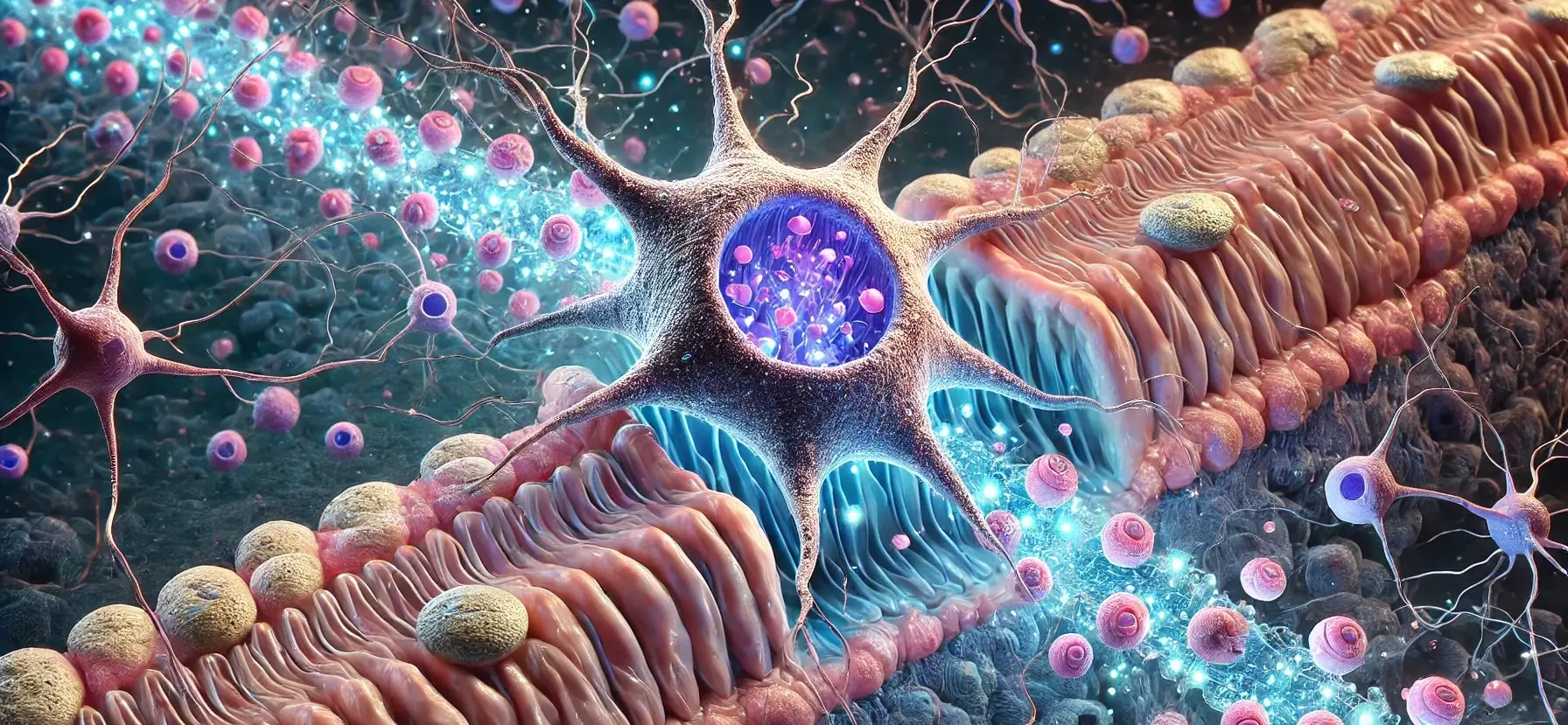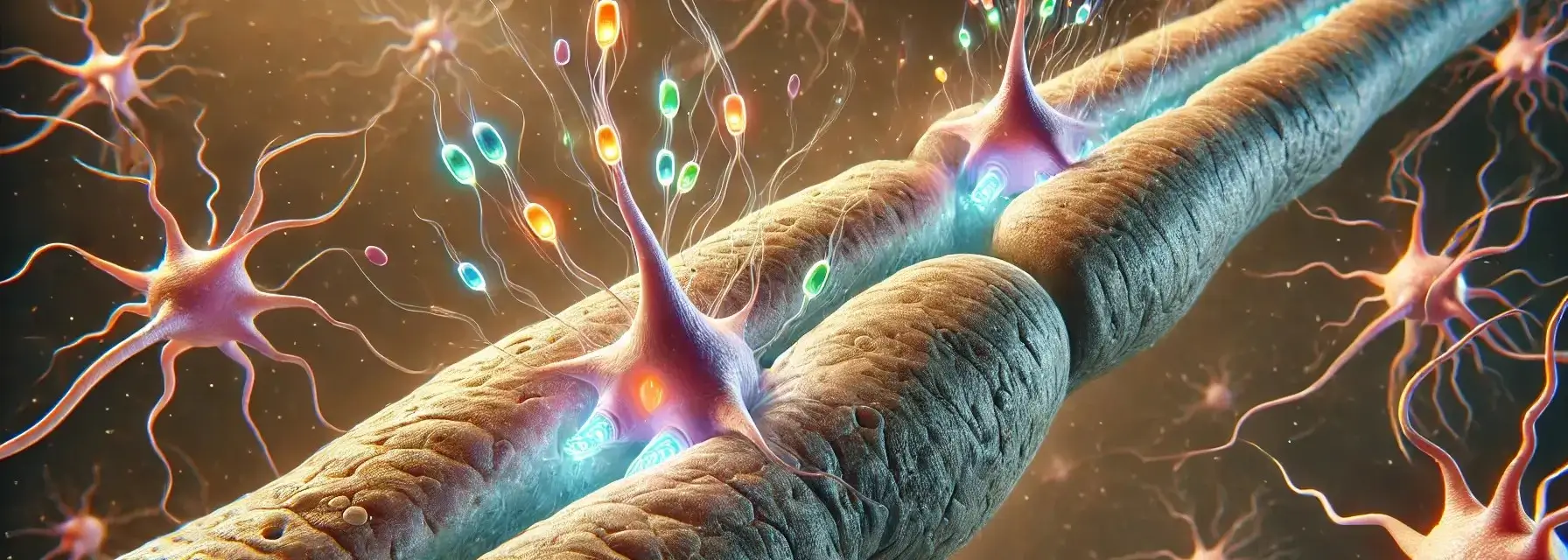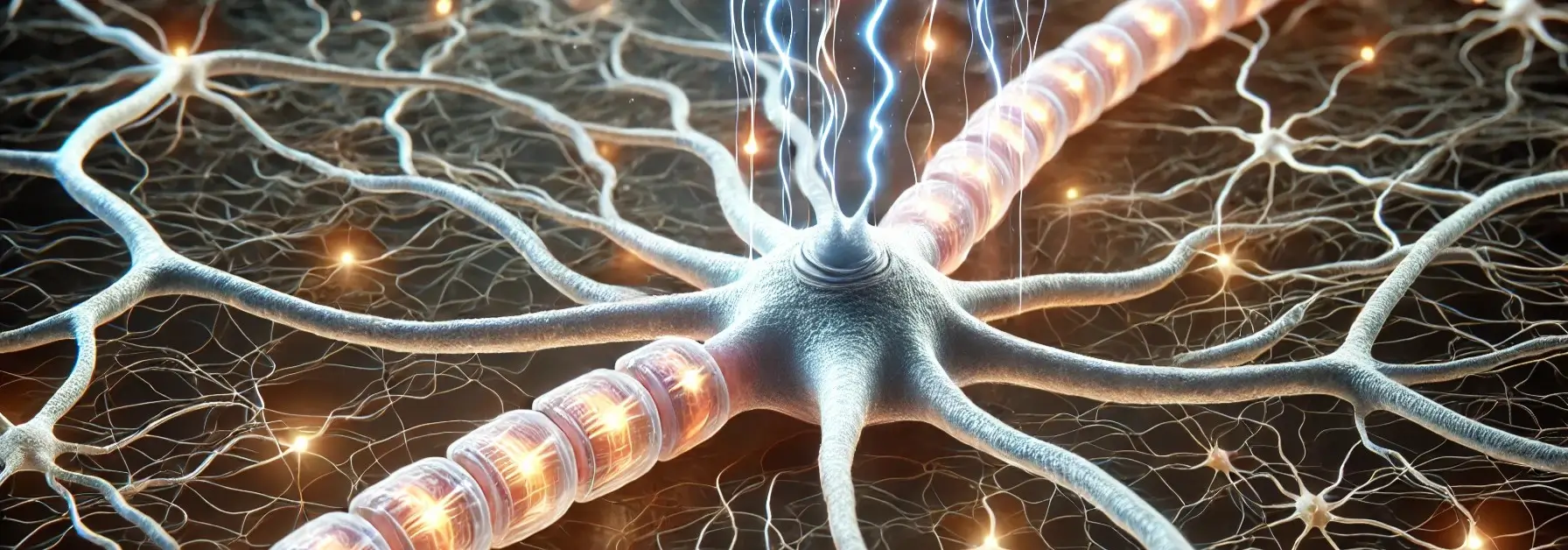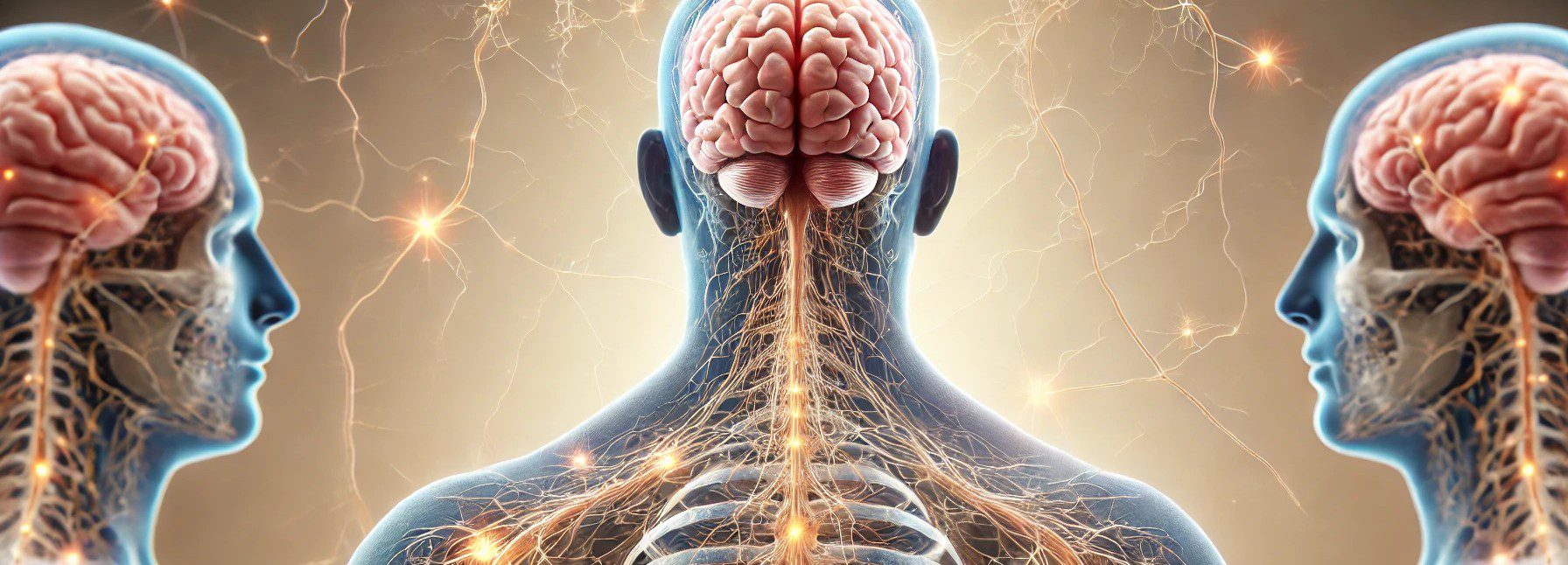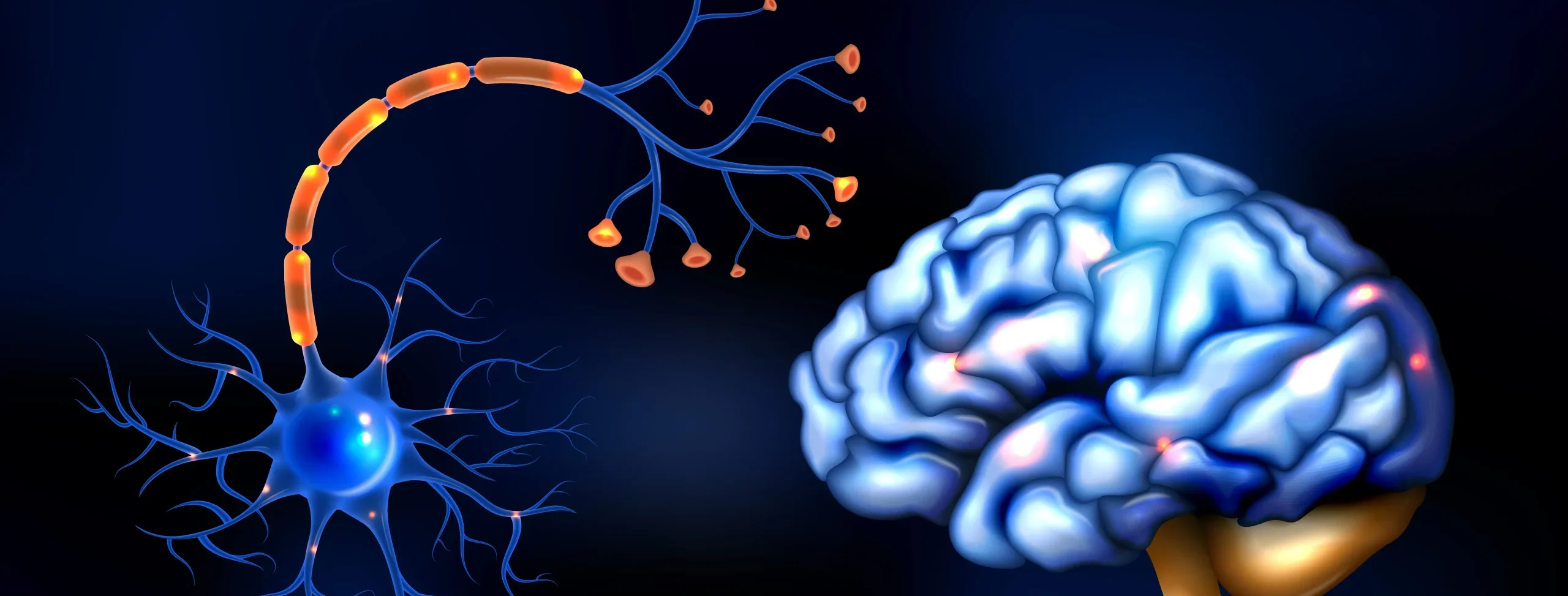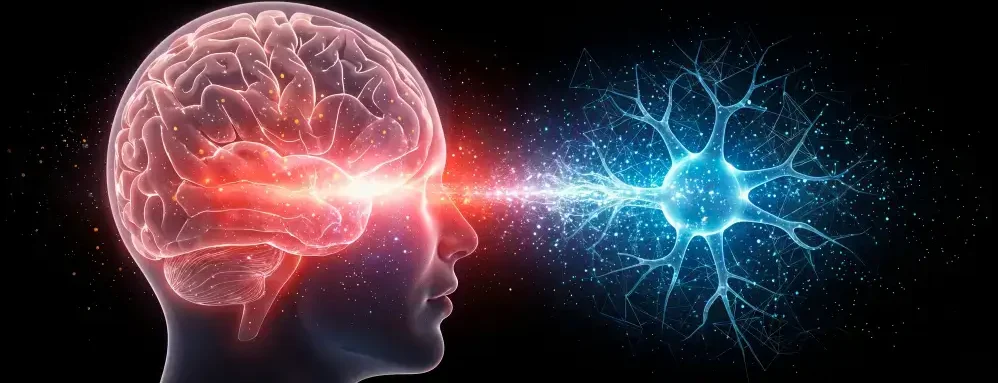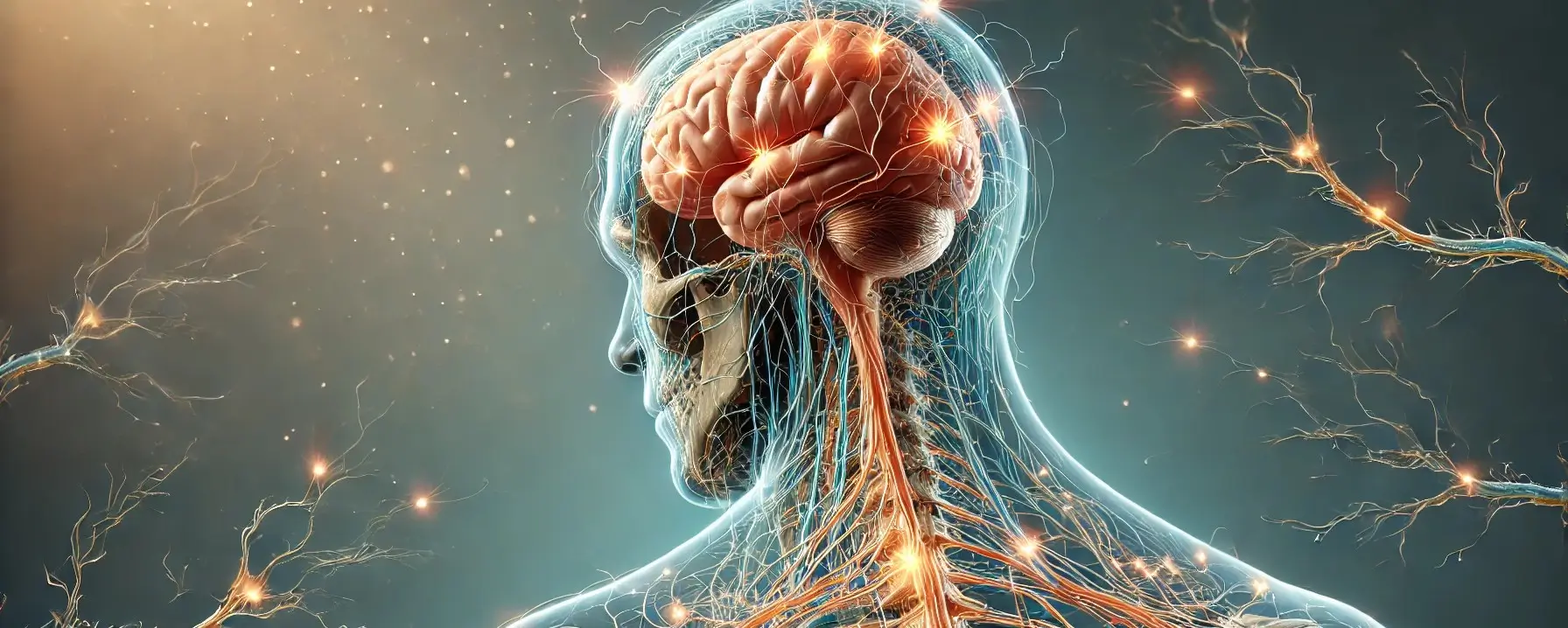Receptors (Neuroreceptor)
Receptors (Neuroreceptor) are specialized proteins located on the surface of neurons and other cells in the nervous system. They play a crucial role in communication between neurons by detecting and responding to signaling molecules such as neurotransmitters, hormones, and other chemical messengers. Types of Receptors: Ionotropic Receptors (Neuroreceptor): Also known as ligand-gated ion channels. When … Read more

